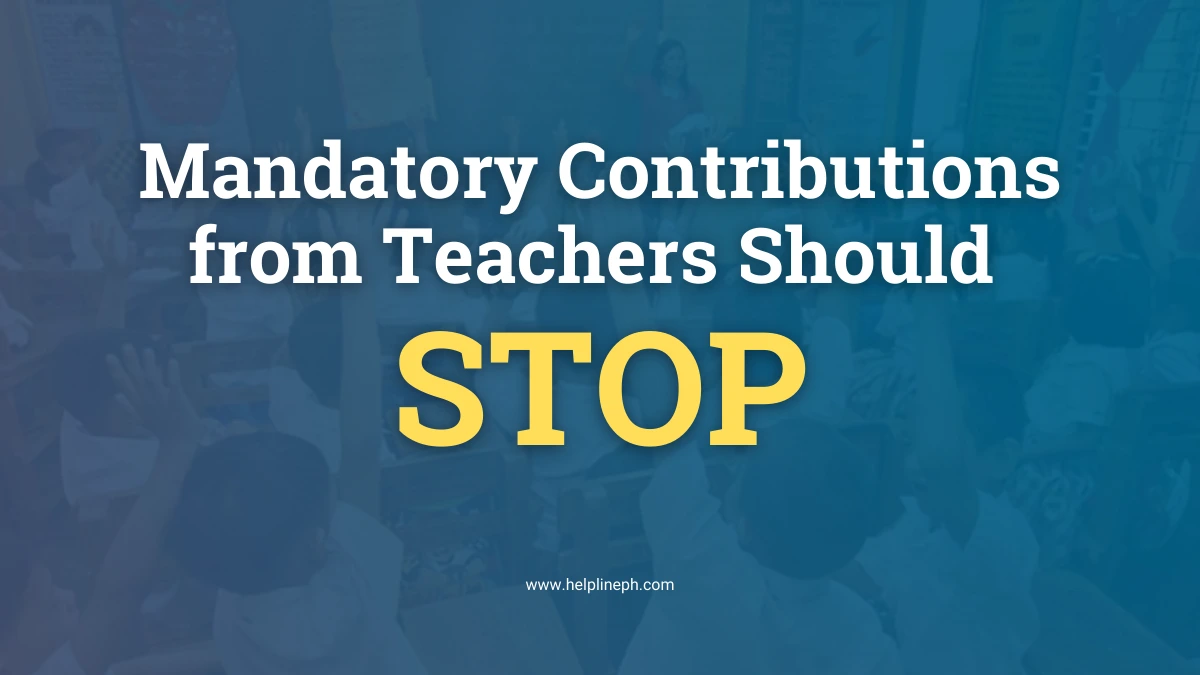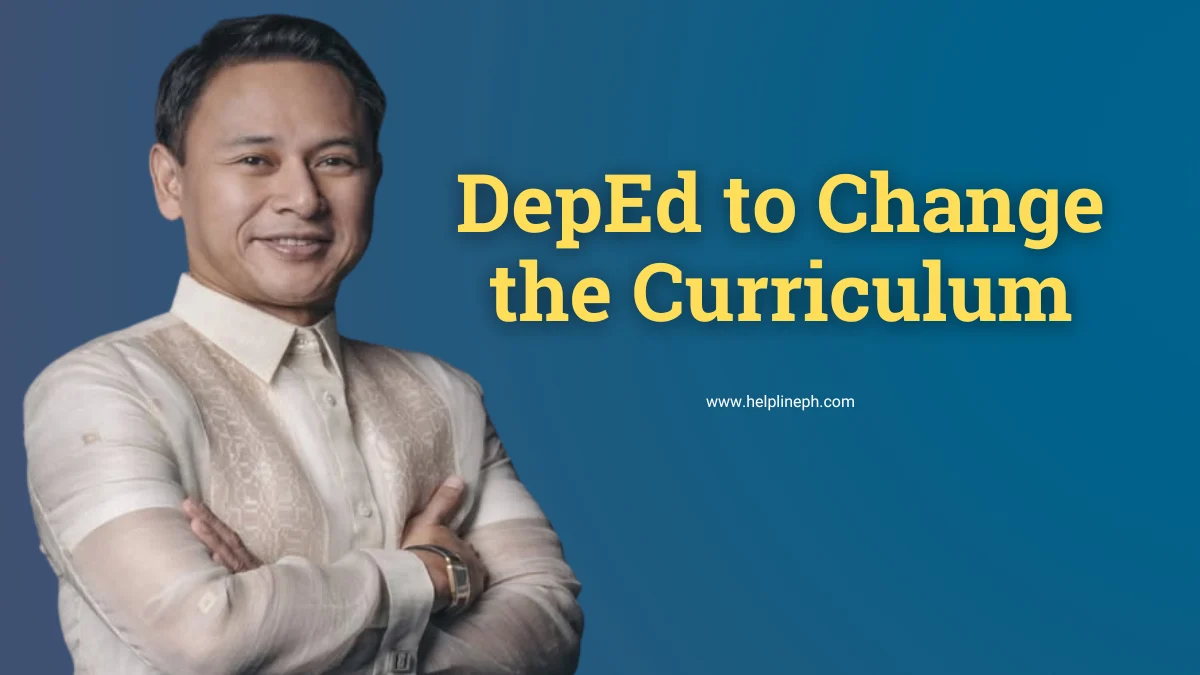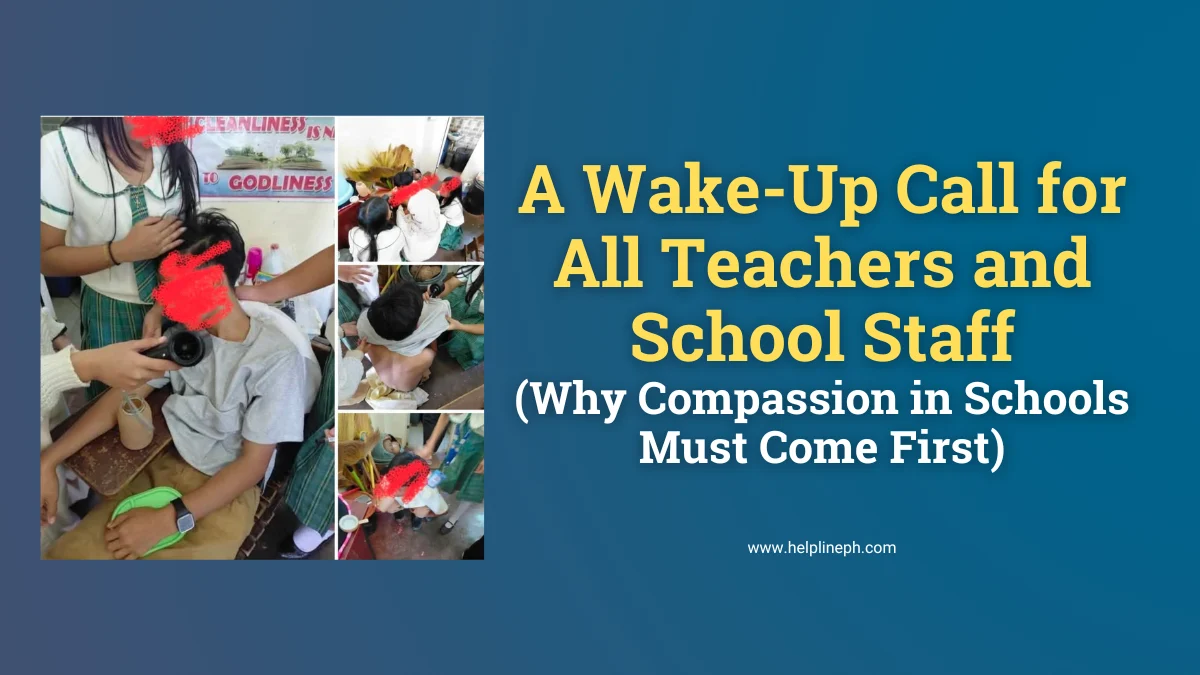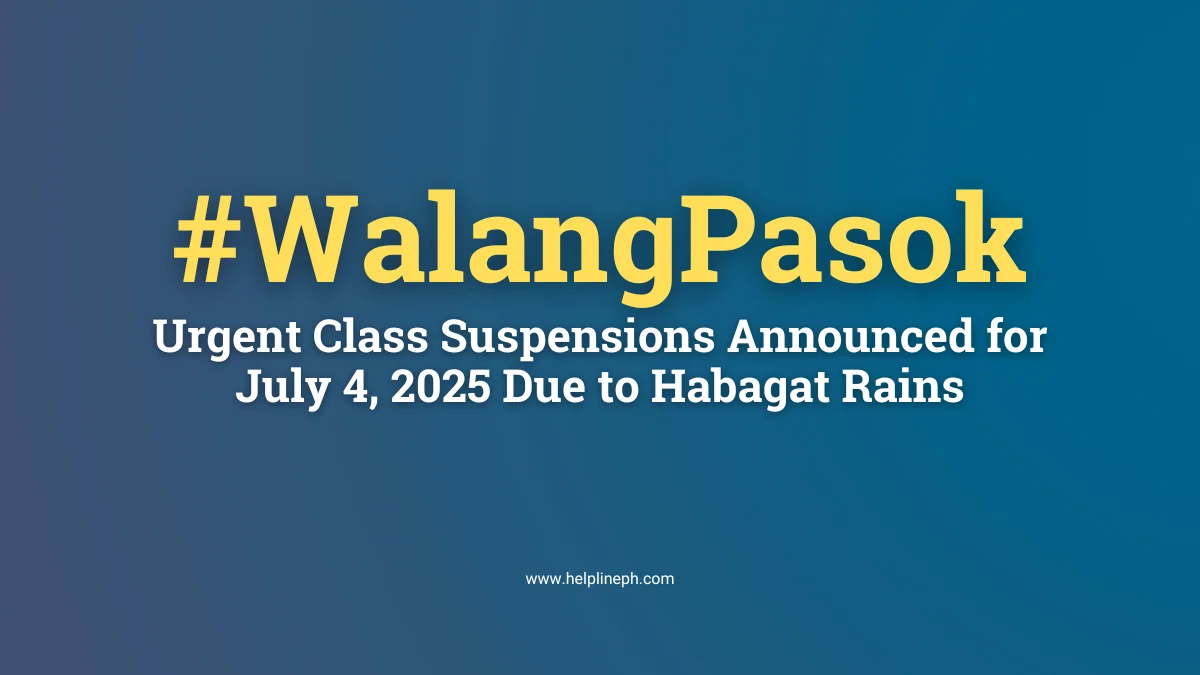As a teacher, I’ve found myself in some uncomfortable situations where I’m asked to chip in for various school events or activities. It could be for a school celebration, meals for visiting officials, or even to pitch in for the birthday of someone in the Department of Education (DepEd). While these requests often come from a good place, I’ve realized that not every teacher, including myself, can always afford to contribute, especially when these requests catch us off guard. I think it’s high time we reconsider this practice of asking teachers to make mandatory contributions.
Let me share a personal experience that really drove this point home for me. A few years ago, during a particularly tough month, I was struggling to make ends meet. Unexpected expenses had piled up, and I was doing everything I could to stretch my paycheck. Then, out of the blue, I was asked to contribute to a school event. The amount wasn’t huge, but at that moment, even a small amount felt like a significant burden. I remember feeling a mix of guilt and frustration—I wanted to support my school, but I simply didn’t have the extra money to spare. I ended up contributing, but it meant cutting back on essentials for the rest of the week. This experience made me realize that, while the intentions behind these requests might be good, the impact on teachers like me can be quite significant.
Have you ever been in a similar situation, where you’re asked to give more than you can comfortably afford? It’s not a great feeling, and I know I’m not alone in this. Many of my colleagues have shared similar stories, where they felt pressured to contribute despite their own financial struggles. The stress that comes with these requests is something we really shouldn’t have to deal with, especially when our job is already demanding enough.
Let’s talk about the bigger picture for a moment. The fact that schools are asking teachers to contribute to events and other expenses is a clear sign that our public schools aren’t getting the funding they need. I’ve seen this firsthand. When we rely on teacher contributions to make up for budget shortfalls, we’re just putting a temporary fix on a much deeper problem. Proper funding for schools should come from the government, not from the pockets of teachers who are already working hard to educate the next generation.
To give you an idea of how widespread this issue is, I’ve come across reports showing that in many countries, teachers spend hundreds of pesos out of their own pockets each year on classroom supplies and school activities. This isn’t just a problem in one area—it’s a systemic issue that affects educators worldwide. The financial burden we face isn’t just about the money—it’s about the added stress and pressure that takes a toll on our well-being and our ability to focus on what really matters: our students.
So, what can we do about it? I believe that schools and DepEd officials need to look for alternative ways to fund extracurricular activities and events. One idea could be to reallocate existing budgets more effectively or to find sponsors who are willing to support these activities. Another approach could be to involve the broader community in fundraising efforts. For example, organizing a community event or a charity drive could not only raise the needed funds but also bring people together for a common cause. These are just a few ideas, but the goal is the same: to relieve teachers from the financial pressure of constant contributions so we can focus on our primary role—teaching.
In the end, I think it’s clear that we need to rethink the practice of asking teachers to contribute to school-related activities and events. We play such a crucial role in society, and it’s essential that we’re supported, not burdened with additional financial demands. It’s time for us to find better, more sustainable solutions that allow schools to thrive without depending on teacher contributions. By addressing this issue, we not only support our teachers but also take a meaningful step towards creating a fairer and more equitable education system for everyone. What do you think? Let’s start a conversation about how we can make this happen. – Mark | Helpline PH






